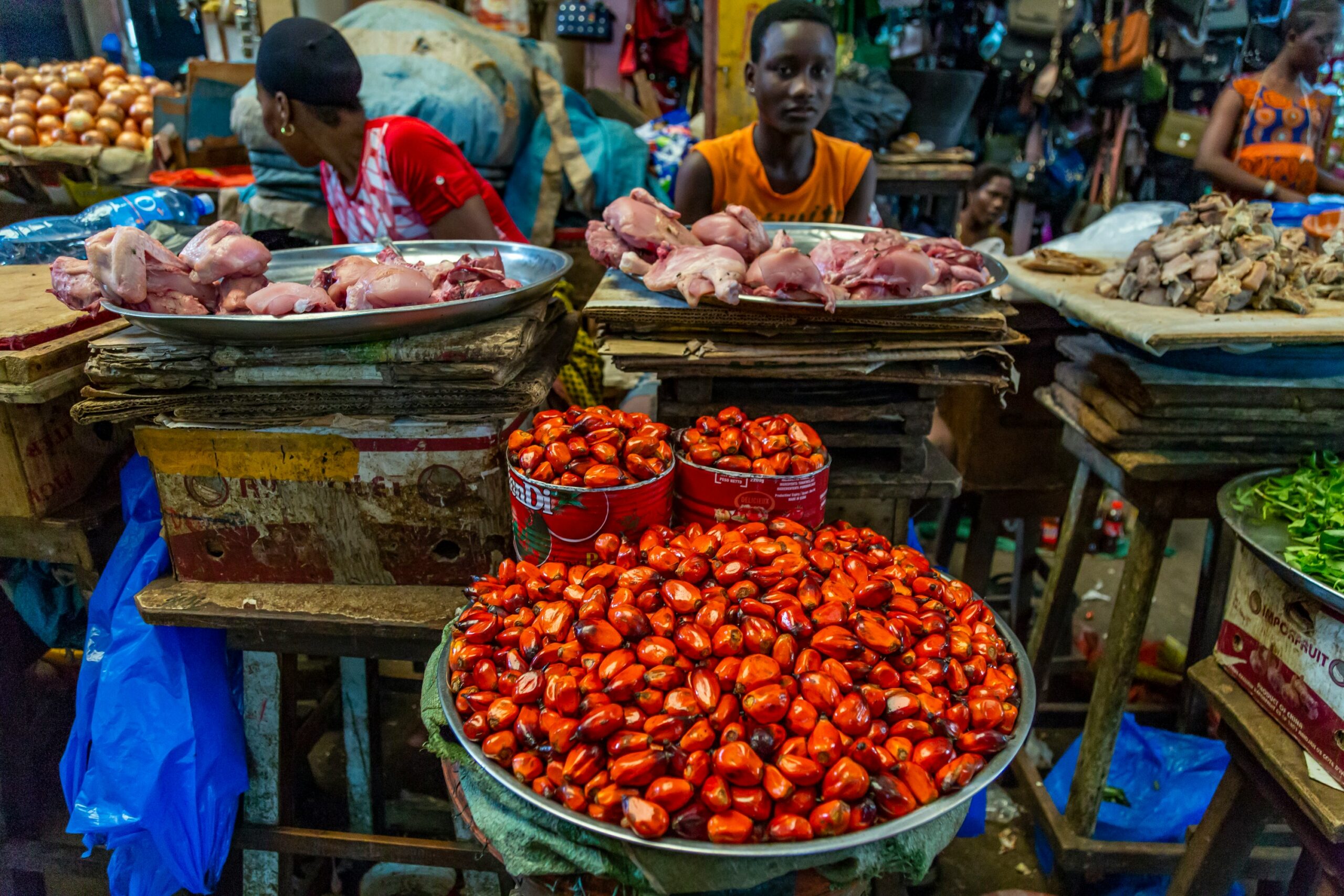Identification and Dissemination of Technologies and Practices for the Transition to a Circular Economy in Côte d’Ivoire
How can Côte d’Ivoire successfully transition to a circular economy?
In collaboration with the Ministry of Environment and Sustainable Development through the Directorate of Green Economy and Responsibility of Organizations, and the CTCN through UNIDO, a study on the identification and dissemination of technologies and practices for the transition to a circular economy in Côte d’Ivoire was developed.
This study;
The action plan contains short, medium and long-term activities, a governance structure, a costing overview and a monitoring and evaluation framework. Stakeholders from civil society, government, private sector, international partners, and the informal sector provided insights and feedback through three workshops to guide and improve the process.



